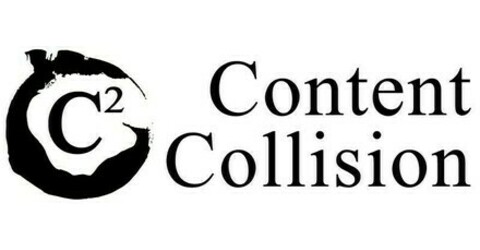The impact of star power on sports events: insights from the inter Miami controversy
Amidst the controversy of Lionel Messi's absence on the pitch, event organizers and the Hong Kong government face scrutiny over promises made and the expectations of thousands of fans.

In the world of sports marketing, the recent event in Hong Kong, featuring a friendly match between Inter Miami and a Hong Kong team, has become a pivotal case study.
The match, organized by Tatler XFEST Hong Kong, promised the participation of football icon Lionel Messi. However, to the dismay of thousands, Messi remained on the bench due to an injury, sparking widespread disappointment and demands for refunds among the over 40,000 attendees who paid HK$4,880 for their tickets.
From a marketer's perspective, this incident underscores the complex interplay between star power and brand sentiment. The event's fallout, characterized by David Beckham, Inter Miami's president, facing boos and coach Gerardo Martino's apology for Messi's non-participation, reveals the high stakes involved in sports event marketing.
The Hong Kong government and The Major Sports Events Committee (MSEC)'s disappointment further highlights the breach of expectations and contractual agreements, emphasizing the importance of transparency and accountability in marketing strategies.

Impact on Tatler XFEST Hong Kong
For marketers, this incident serves as a cautionary tale on the reliance on individual star power over team branding. The controversy extends beyond the immediate backlash, affecting the brand sentiment towards Tatler, the event's organizer, and sparking a broader discussion on the management of public expectations for such high-profile events.
This incident has also raised questions about the accountability of event organizers and the implications for future sports events in Hong Kong. The backlash against Tatler XFEST Hong Kong, can be seen in a post that received over 3,500 likes and more than 1,000 comments, with many calling for a compensation plan or expressing feelings of being deceived.
This incident negatively impacted Tatler's brand sentiment and underscores the consequences of failing to meet public expectations, with media intelligence firm CARMA reporting a shift from 27.8% positive and 2% negative sentiment before the match, to 16.5% positive and 20% negative afterwards, amid 15,000 mentions of Tatler HK over the weekend.
Recommendations and implications for the media landscape
Media outlets and marketers can use this as a case study on the importance of transparent communication and the potential repercussions of failing to meet audience expectations.
“I think many young diehard fans would have been delighted to just hear from their hero by way of a heartfelt apology, or indeed some show of sincere appreciation, from all reports this did not happen to the satisfaction of fans and ticket holders," said Judd Christie, managing director, Uniplan Hong Kong.
“Given that the Inter Miami X HK team match is an international sports event, there should be an official spokesperson or representative of the event to communicate closely with the press and audiences. The organisers should also amplify in promotional materials that there would be a chance for Messi to sit out the game,” added Celine Cheung, account director, RSVP Communications.
Content Collision provides performance-based digital PR services and B2B content marketing services for tech startups in APAC and beyond. Book a discovery call to learn more.




